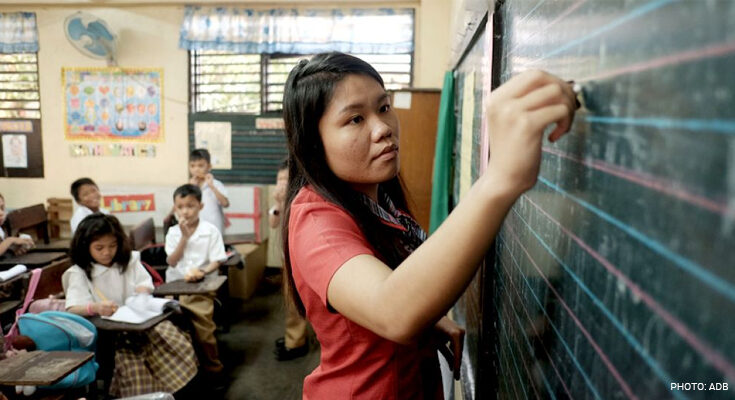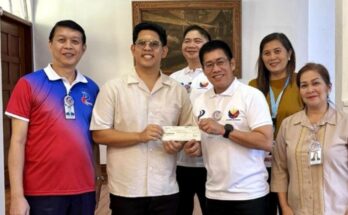TEACHERS will receive more benefits and support for career progression from the government as the country advances its efforts for the national learning recovery program, President Ferdinand R. Marcos Jr. vowed on Monday.
“As we build and upgrade schools, so too must we uplift and upskill our teachers, whose competence and trademark Filipino patience, determination, and compassion will be at the core of our national learning recovery,” he said during his 3rd State of the Nation Address (SONA).
Marcos said teachers would start receiving teaching allowance next year after the enactment of the Kabalikat sa Pagtuturo Act.
They will also benefit from personal accident insurance from the Government Service Insurance System (GSIS), Special Hardship Allowance, and the elimination of “utang-tagging” among teachers, he added.
“We have allocated funds to finally implement the expanded career progression system for our public school teachers, which shall promote professional development and career advancement within their ranks,” Marcos said, citing opportunities for both teaching and school administration tracks.
He noted that the move would accelerate the career growth of public school teachers alongside the recovery of the entire education sector.
“Sa sistemang ito, wala nang public school teacher ang magre-retire na Teacher I lamang. Sa madaling sabi, kung talagang gusto nating magtagumpay ang hinahangad nating pagbangon sa larangan ng edukasyon, sila, ang ating mga guro ang dapat nating itaguyod at patatagin,” Marcos said.
Besides teachers’ welfare, Marcos also underscored the need to calibrate the system of education to capacitate learners not only in literacy but also in problem-solving and critical thinking.
“Our national learning recovery program must proceed without the slightest disruption, especially in basic education,” he said, citing low proficiency ratings of more than half of Grades 6, 10, and 12 students in the country.
Marcos, meanwhile, cited the urgency to address the gap in digitalization efforts in the sector.
“Digitalization and solar-powered electricity must now be standard features in our schools and our classrooms. Simply put, this is educational reform through technology,” he said.
For the production of instructional materials, such as textbooks, the Marcos administration pledged to reduce the timeline from three years to one year from manuscript approval to procurement and distribution. (PNA)





